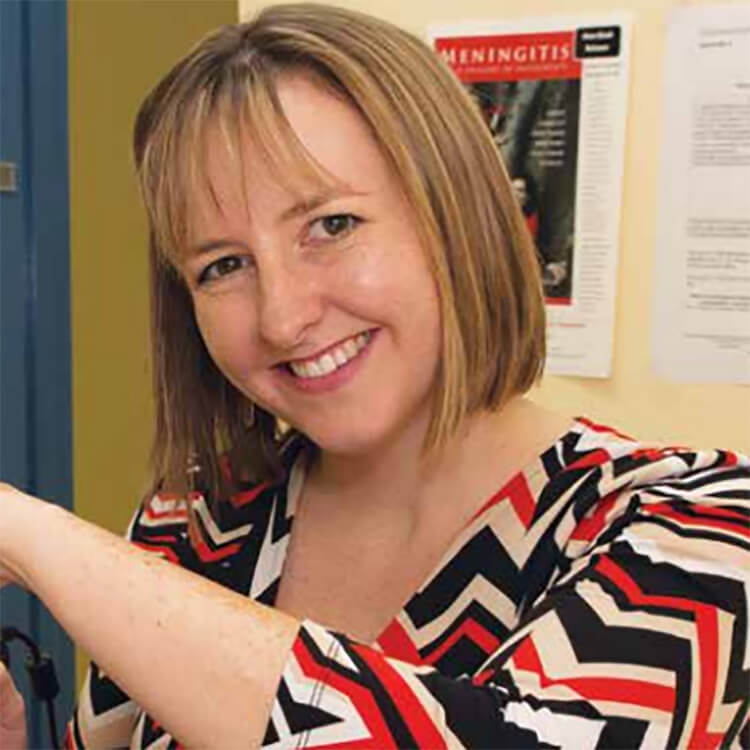Search
Research
The challenge of enteric feverEnteric fever prevention requires significant long term investment in provision of clean water and sanitation; vaccination offers medium term control.

Research
Towards the establishment of the PREVAIL Centre, a Centre for PREcision in VAccine ImpLmentation at The Kids Research Institute AustraliaPat Tom Holt Snelling PhD, DSc, FRCPath, FRCPI, FAA BMBS DTMH GDipClinEpid PhD FRACP Emeritus Honorary Researcher Head, Infectious Disease
Research
What is the quality of evidence informing vaccine clinical practice recommendations in Australia?Vaccine policy and guideline recommendations require high quality evidence. A review of the evidence quality used to inform vaccine clinical practice guidelines could help guide researchers on how to improve the design of their clinical studies to produce evidence of greater value to decision-makers.
Research
Bringing optimised COVID-19 vaccine schedules to immunocompromised populations (BOOST-IC): study protocol for an adaptive randomised controlled clinical trialImmunocompromised hosts experience more breakthrough infections and worse clinical outcomes following infection with COVID-19 than immunocompetent people. Prophylactic monoclonal antibody therapies can be challenging to access, and escape variants emerge rapidly. Immunity conferred through vaccination remains a central prevention strategy for COVID-19.
Research
Effectiveness of Palivizumab in Preventing RSV Hospitalization in High Risk Children: A Real-World PerspectiveThis review supports the recommended use of palivizumab for reducing RSV-associated hospitalisation rates in premature babies born at gestational age <33 weeks.
Research
Tonsils at Telethon: developing a standardised collection of tonsil photographs for group A streptococcal (GAS) researchGroup A streptococcus (GAS) infections, such as pharyngitis and impetigo, can lead to rheumatic fever and rheumatic heart disease (RHD). Australian Aboriginal and Torres Strait Islander populations experience high rates of RHD and GAS skin infection, yet rates of GAS pharyngitis are unclear.
Research
Whole-cell pertussis vaccine in early infancy for the prevention of allergy in childrenAtopic diseases are the most common chronic conditions of childhood. The apparent rise in food anaphylaxis in young children over the past three decades is of particular concern, owing to the lack of proven prevention strategies other than the timely introduction of peanut and egg.
Research
Whole‐cell pertussis vaccine in early infancy for the prevention of allergy in childrenAtopic diseases are the most common chronic conditions of childhood. The apparent rise in food anaphylaxis in young children over the past three decades is of particular concern, owing to the lack of proven prevention strategies other than the timely introduction of peanut and egg.
Research
among children with pneumonia using a causal Bayesian networkPneumonia remains a leading cause of hospitalization and death among young children worldwide, and the diagnostic challenge of differentiating bacterial from non-bacterial pneumonia is the main driver of antibiotic use for treating pneumonia in children. Causal Bayesian networks (BNs) serve as powerful tools for this problem as they provide clear maps of probabilistic relationships between variables and produce results in an explainable way by incorporating both domain expert knowledge and numerical data.
